Digestion Part III
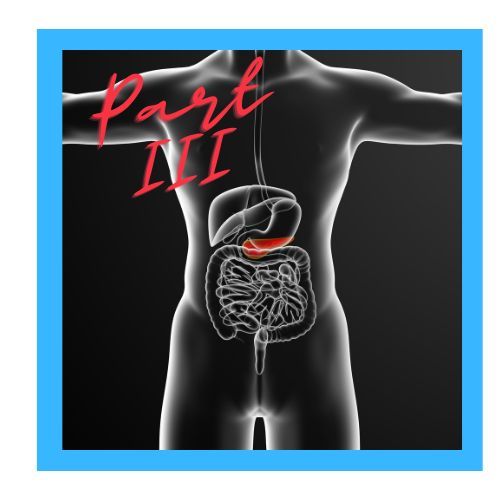
This article is the 3rd in a series of different gastrointestinal (GI) tract aspects. Today’s article will focus on the small intestine and pancreas, with a little on the gall bladder as a bonus. You may have heard the phrase, “You are what you eat,” but we can take this further and say, “You are what you absorb.” We will discuss how our bodies absorb nutrients and what we can do to facilitate better absorption.
The small intestine is the phase of digestion that takes food from the stomach and further breaks down the nutrients preparing them for absorption in the colon. We discussed the initial steps of digestion that start with your senses, smell, and sight, then chewing of your food and on to the stomach where acid and enzymes continue to break the food down.
Enzymes are catalysts that enable molecules to change forms. In the case of digestive enzymes, they break down large or macronutrients into small or micronutrients. The most common enzymes are amylase which breaks down carbohydrates, lipase, which breaks down fats; and pepsin, which breaks down proteins. Other enzymes include trypsin, cellulase, lactase, sucrase, and maltase. Each enzyme is responsible for breaking down a specific food into smaller units.
Nutrients broken by enzymes are more easily absorbed by the body, allowing optimal absorption. The process of enzyme secretion occurs in the mouth, stomach, and pancreas and requires organ systems, mainly the pancreas and gall bladder.
The pancreas produces lipase, amylase, and protease and expels them into our small intestines. Some specific conditions, called exocrine pancreatic insufficiency or EPI, result in a deficiency of these enzymes. These conditions are chronic pancreatitis, cystic fibrosis, and pancreatic cancer. As a result of these deficiencies, they cannot properly digest their foods.
The gall bladder is a critical organ in the digestive process, acting as a reservoir for bile produced in the liver. Bile breaks down fats helping to absorb vitamins and removes waste from our bodies that is not needed. The gall bladder goes into action when food comes in from the stomach to the small intestine. When the body detects fat, it squirts bile to help break it down. Patients who have had their gallbladders removed can’t produce that surge of bile and may have an issue digesting fat. Digestive enzymes with lipase and ox-bile can help offset the loss of a gall bladder and ease the digestive process.
Who should take digestive enzymes? If you have gas, bloating, abdominal pain, or fatigue, you may be a candidate for taking digestive enzymes. Keep in mind that taking a digestive enzyme will help you better absorb nutrients, so conditions linked to nutrient deficiencies like acid reflux, food cravings, thyroid problems, heartburn, indigestion, burping, dry skin, thinning hair, morning fatigue, brain fog, trouble sleeping, arthritis, joint pain, mood swings, irritability, depression, headaches including migraines, and worsening PMS may benefit from a digestive enzyme. The list is relatively large, but low levels of nutrients in our systems can cause all these issues.
Did you know that if you have gluten sensitivity, there are digestive enzymes to break down the gluten protein? The gluten protein comes from wheat, and the design of human bodies makes it challenging to break down this protein. Unlike a cow with seven stomachs, humans have one stomach, and we are not as efficient in breaking down gluten. Can you imagine if you currently suffer from bloating? What would it be like if you had seven stomachs that were all bloated? That would be miserable.
My wife and I have led a gluten-free diet for over ten years now, and we use digestive enzymes when we choose to eat gluten or are in a situation like going to a restaurant or eating at someone’s house, where we aren’t entirely sure we are getting gluten-free food. Taking the enzymes is easier than making a fuss about the food. Taking gluten digestive enzymes has served us well over the years.
I have spoken about this in previous articles, but when I don’t eat gluten, my knees don’t hurt. This last weekend, we went out for some wings, which I know don’t fall into the Mediterranean Diet, but occasionally, we need to enjoy wings in moderation. As I write this article on Monday morning, my knees are a little sore, and we did not take enzymes after eating the wings, so I can assume they may have had a bit of gluten in them. I recommend that patients with inflammation try to go off gluten and dairy for a month to see if it impacts inflammation, energy, sleep, and mood. Timing is of the essence, so pick a time and give it a try. You may be surprised.
Several factors could decrease the production of digestive enzymes, including age. As we age, we produce less acid in our stomachs and enzymes from our pancreas. Liver diseases and pancreatic conditions can be the source of decreased enzyme production. Stress is a significant factor overlooked with enzymes and digestion in general. The opposite of fight or flight is rest and digest, so if we are in a constant state of stress, our bodies are not concerned with digestion and funnel their energies toward helping with stress.
· Some significant benefits of taking digestive enzymes include:
· Treating leaky gut – nutrients are broken down, making them more digestible, so they don’t create systemic inflammation.
· Digestible nutrients support the balance of microbes and bacteria in the gut.
· Aiding the body in breaking down difficult-to-digest proteins like gluten.
· Improve symptoms of digestion, including GERD, gas, and bloating
· Better absorption equals less chance of nutrient deficiencies.
In most instances, trying a digestive enzyme with meals is a safe and effective way to treat digestive issues. If you have a history of gallbladder disease, stomach ulcers, or liver disease, you will want to visit your provider before trying digestive enzymes. The side effects often mimic the symptoms you may be trying to treat, so if these symptoms don’t improve or get worse, please check in with your health provider.
We have many formulations to choose from depending on the symptoms that are exhibited and if a person has a gall bladder or not. One of my favorites contains acid, bile salts, and digestive enzymes covering all the bases when needed.
For more information on digestive enzymes and gut health and ask to fill out our GI Quiz call the pharmacy @ 701-483-4858 or stop in to schedule a consultation. Please visit my website at www.irsfeldpharmacy.com to find this and other archived articles in the blog section.
Until next time, be vigilant about your health!!!
VISIT US
HOURS
HOURS
CONTACT US
Fax #: (701) 483-4926


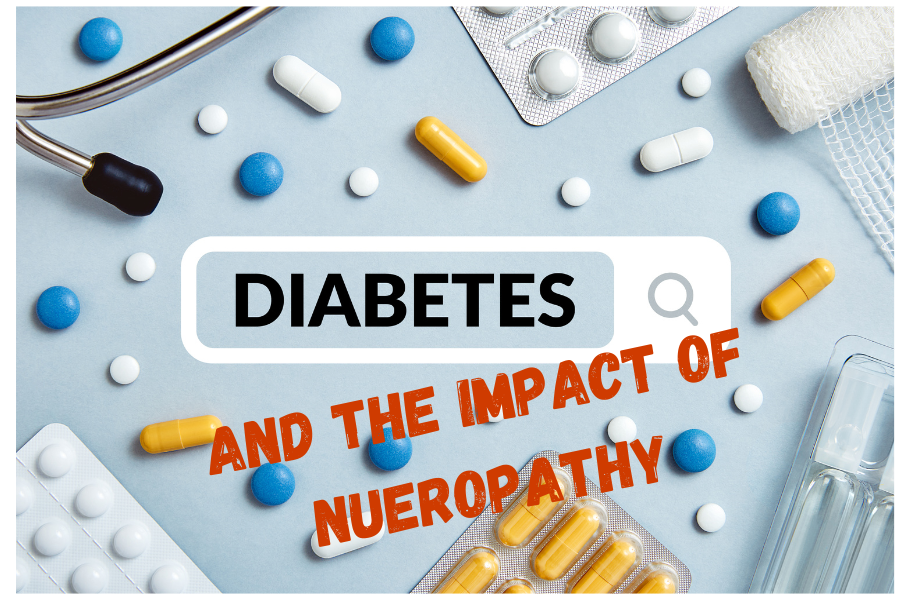


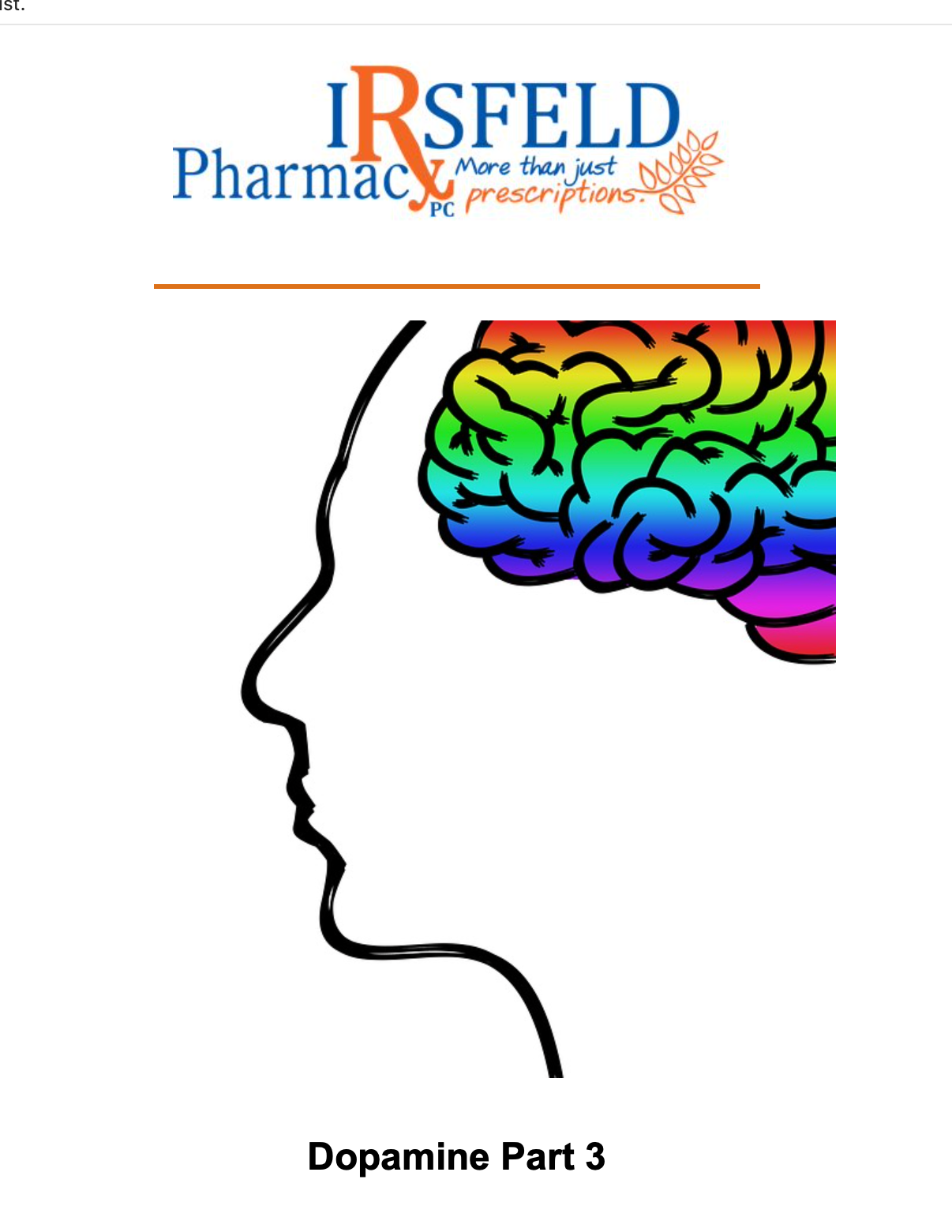

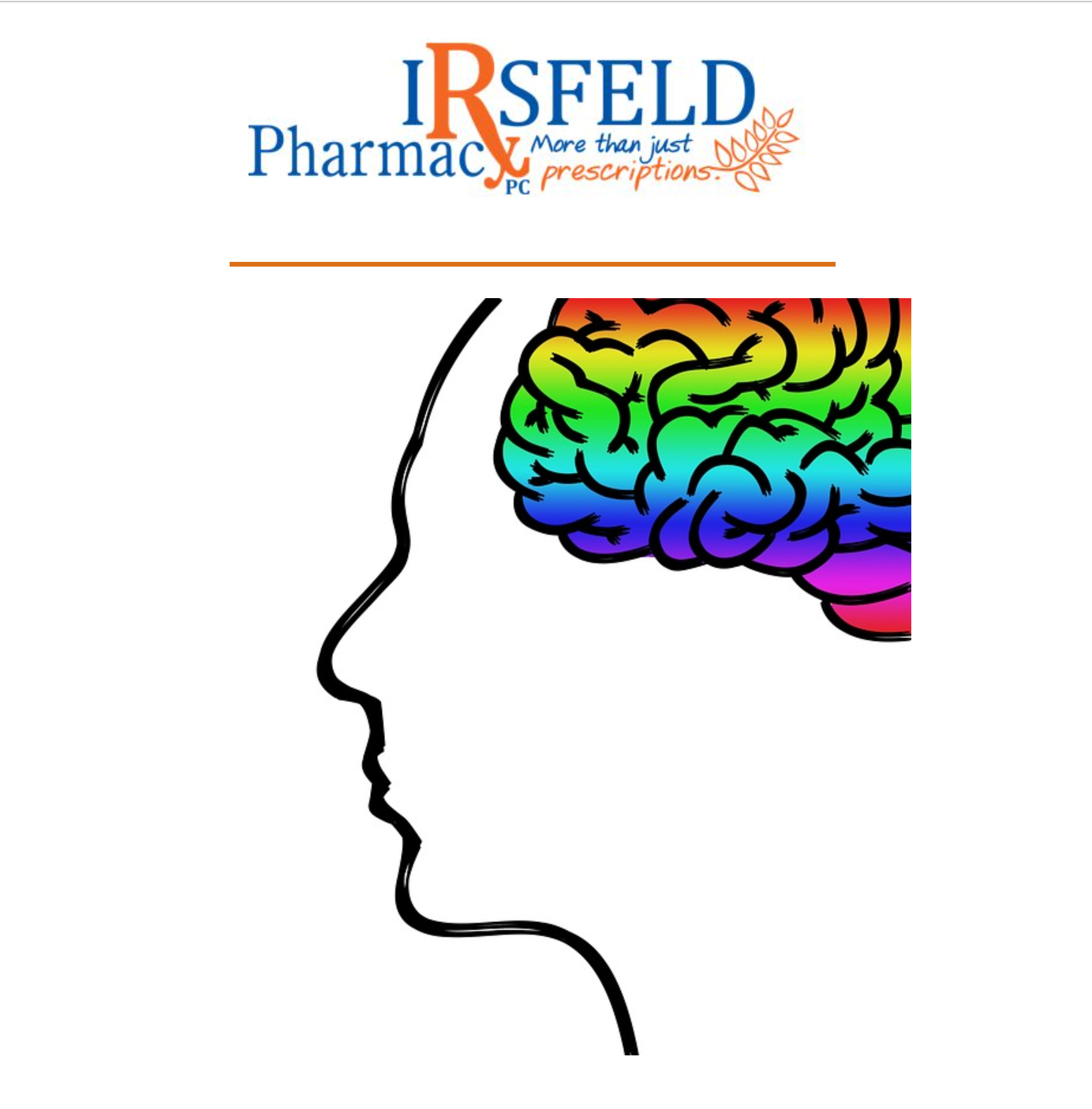
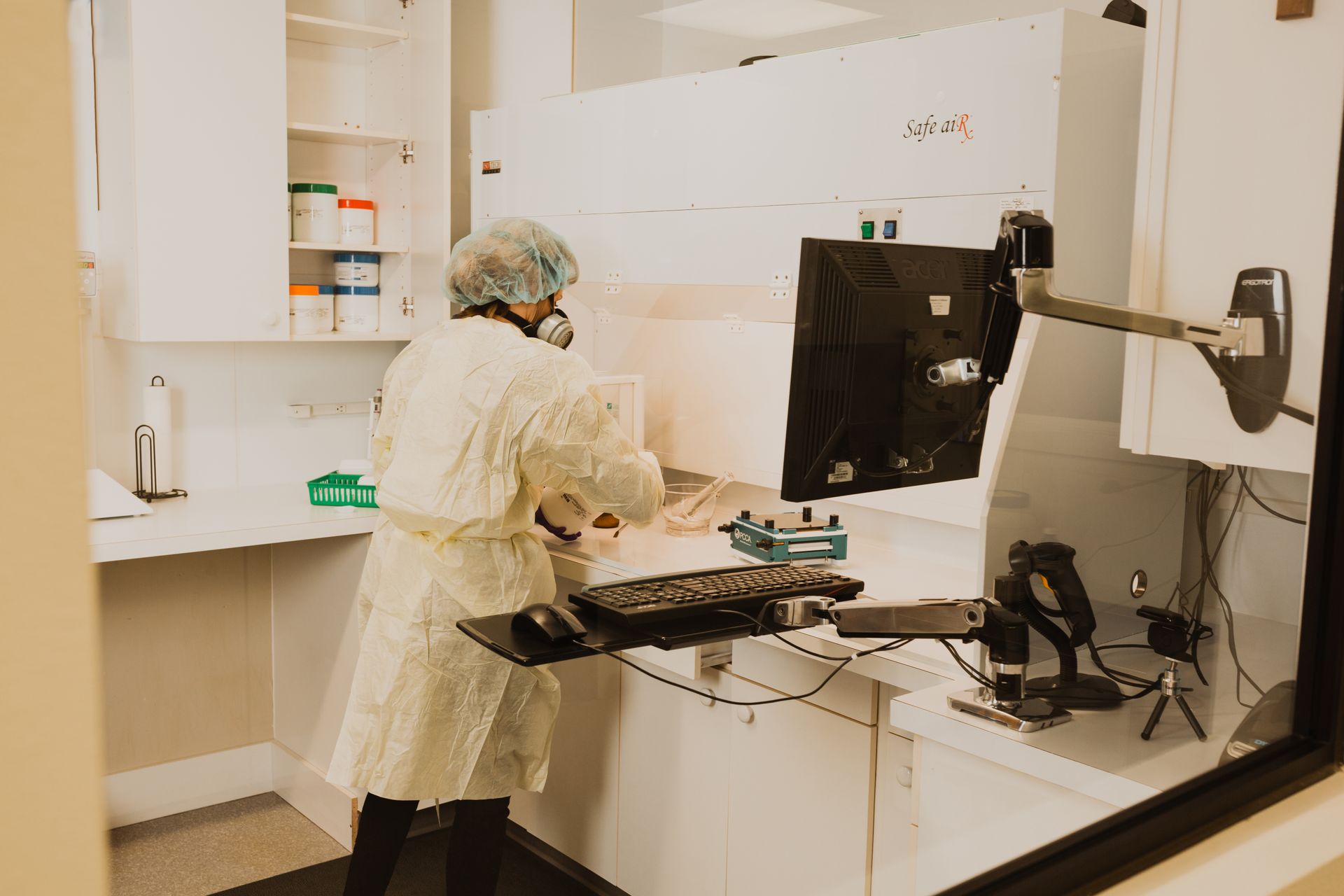


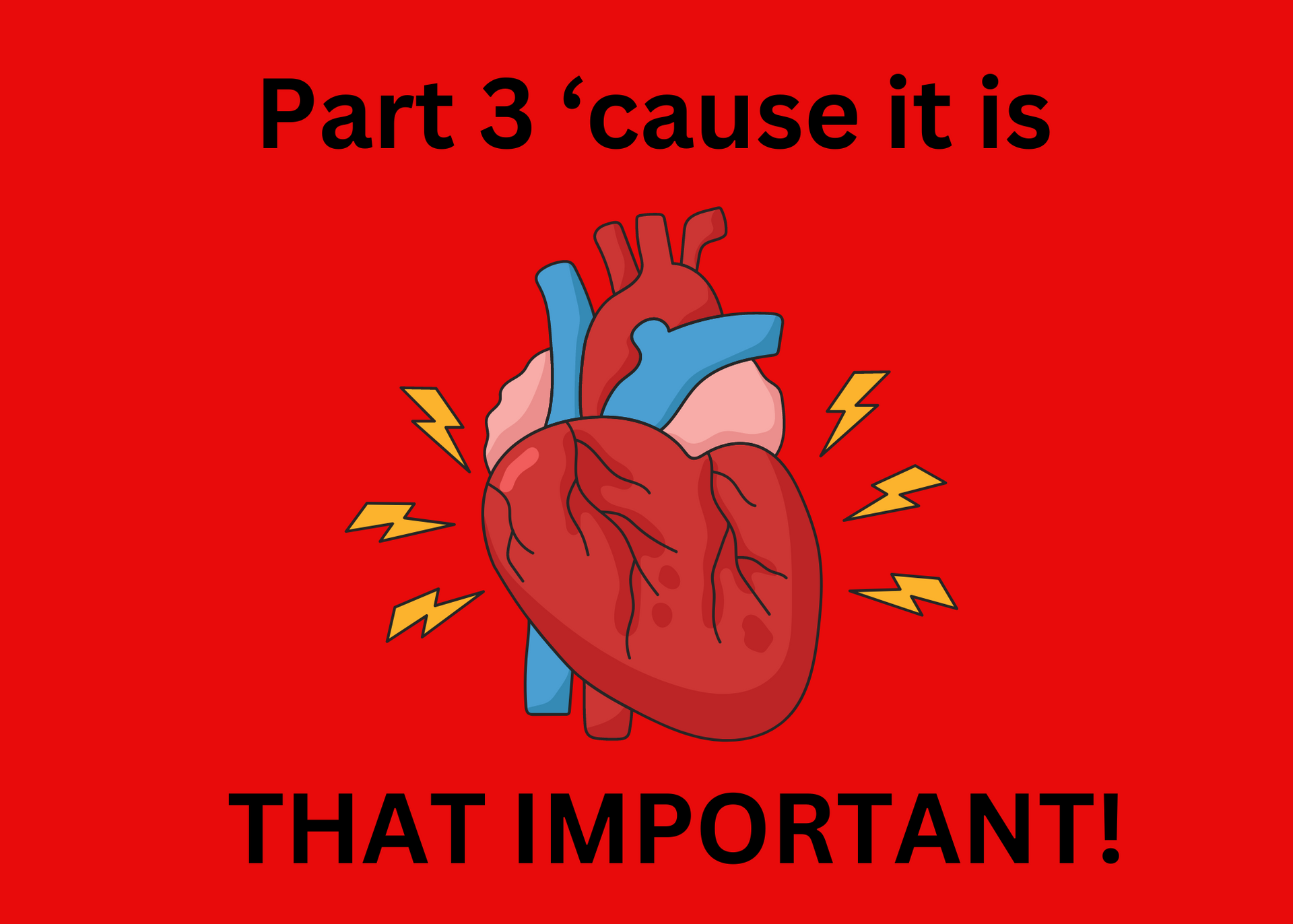
Share On: